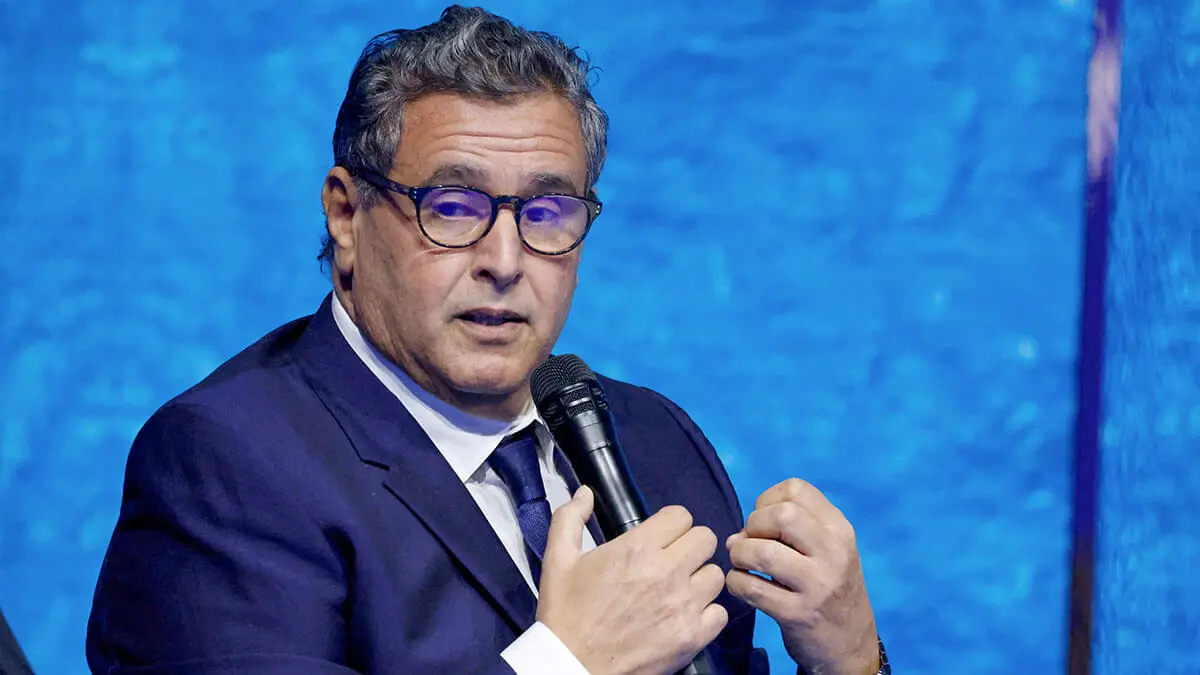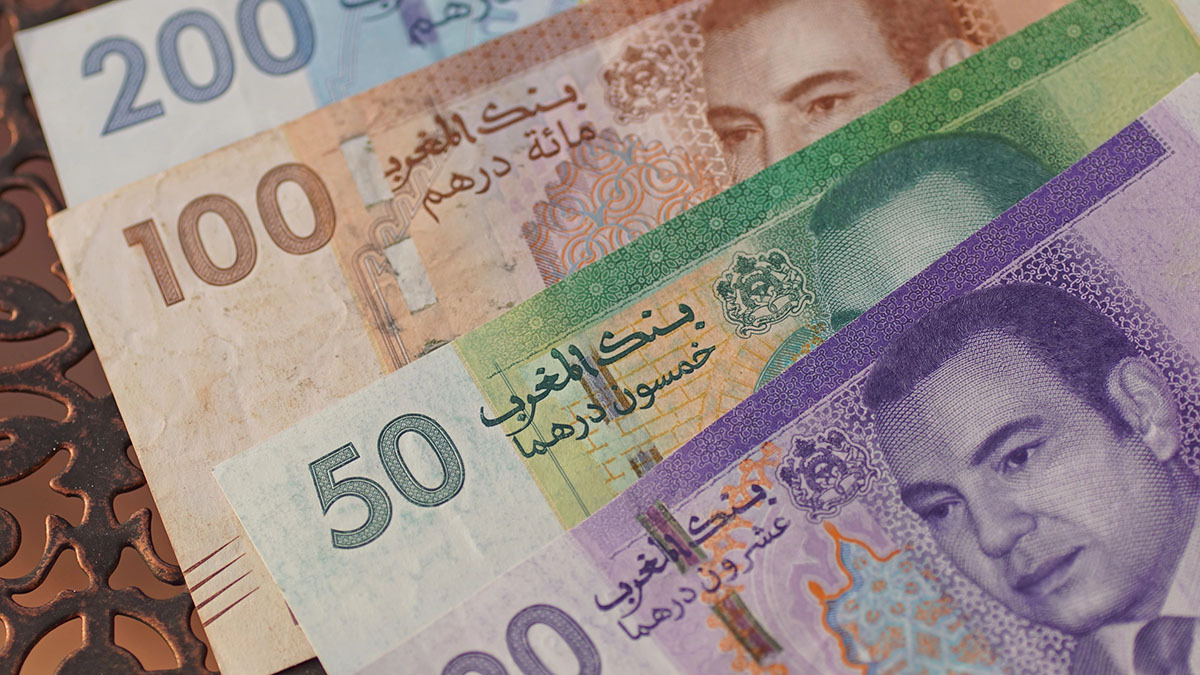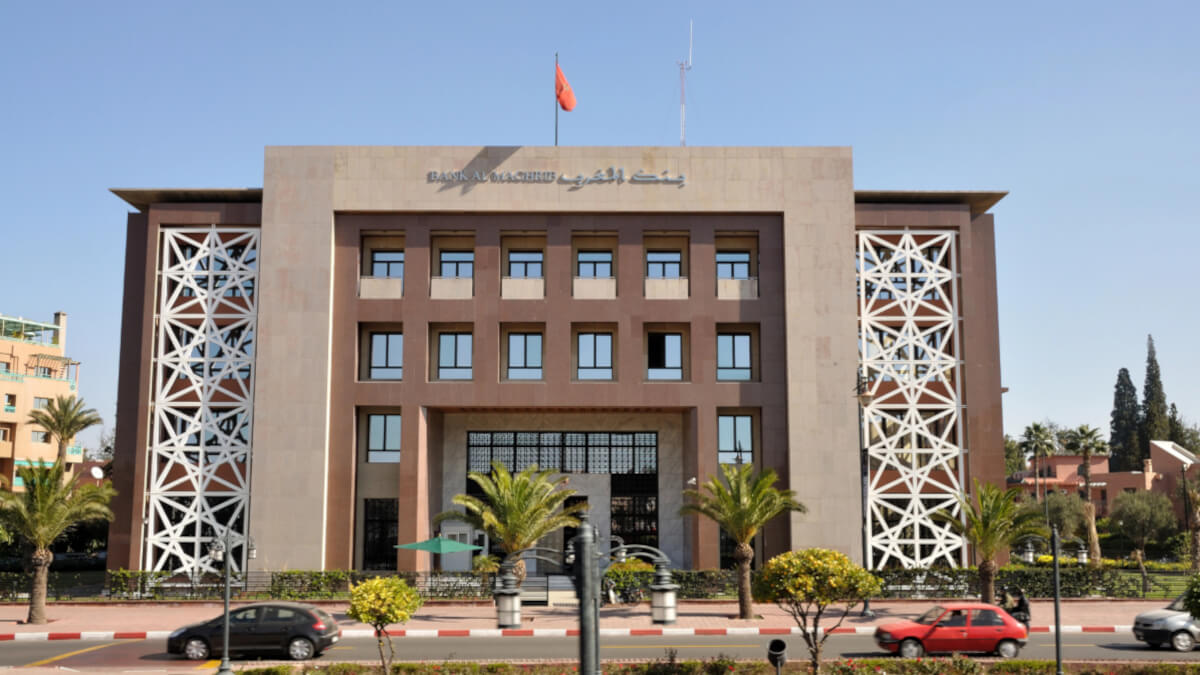Morocco is positioning itself as a key player in the global fight against financial crime

Morocco has been classified as one of the ‘Vigilant Players’ in the latest Global Economic and Financial Crime Outlook 2025 report, produced by the international consultancy Secretaries Advisors. The country ranks 75th out of 177 nations evaluated, with a score of 2.14 out of 4 on the Index of Economic Crimes, Money Laundering and Organised Crime, standing out as a state that demonstrates an active commitment to improving its regulatory frameworks and fighting financial crime.
The ‘Vigilant Players’ category includes 64 medium-risk countries characterised by ongoing regulatory efforts, although still limited by structural gaps. Morocco, within this group, stands out for its activity in implementing legal reforms, strengthening control institutions and participating in international forums that address the challenges of the global illicit economy.
Despite progress, the Kingdom still faces growing threats, particularly in the context of transnational financial crime. The emergence of virtual assets such as cryptocurrencies, the increased use of artificial intelligence to commit sophisticated fraud and the complexity of international transactions present new challenges for the authorities.
The report warns that, if the adoption of detection and surveillance technologies is not accelerated, Morocco could see an increase of up to 60% in financial crimes driven by artificial intelligence by the end of 2025. This risk calls for a more agile institutional reaction, focused on the modernisation of regulatory systems through solutions such as real-time monitoring and the use of regulatory technology (RegTech) platforms.

Reforms and international cooperation
Hisham Malati, Director of Criminal Affairs at the Ministry of Justice, emphasised that Morocco has already begun a thorough legislative review in accordance with the Merida and Palermo Conventions. The reforms include the incorporation of offences such as bribery in the private sector, conflict of interest and the corruption of foreign employees, with the aim of adapting to international requirements and closing legal loopholes.
The 32% increase in cases pending before the Financial Crimes Division in 2023, from 716 in 2022 to 948 in 2023, reflects both the seriousness of the problem and the dynamism of the Moroccan judicial system in tackling it. According to the Presidency of the Public Prosecutor's Office, this growth highlights the institutional efforts to effectively combat financial corruption.

Prime Minister Aziz Akhannouch, speaking at GITEX Africa 2025 in Marrakech, emphasised the importance of ethical, inclusive and regulated artificial intelligence, stressing the need to protect personal data and deal with cyberattacks. Morocco, he said, is committed to building a secure and fair digital ecosystem that reinforces trust in public and private institutions.
In this vein, political scientist Sherifa Lamoir told Al-Arab that ‘Morocco has adopted a serious and progressive approach in its fight against institutional corruption, but it must intensify its efforts and include the social elites in this process to achieve real change.’ She also stressed that digitalisation can play a key role in strengthening integrity and transparency in public administration.

Recommendations for a more secure future
The Secretaries Advisors report concludes with a series of recommendations that are essential for consolidating Morocco's progress: strengthening measures against financial crime, implementing advanced technologies for the detection of hidden assets and suspicious transactions, and promoting the continuous training of financial system employees.
In addition, it highlights the importance of strengthening internal governance and fostering international cooperation to share experiences, knowledge and resources in the fight against global economic crime.









